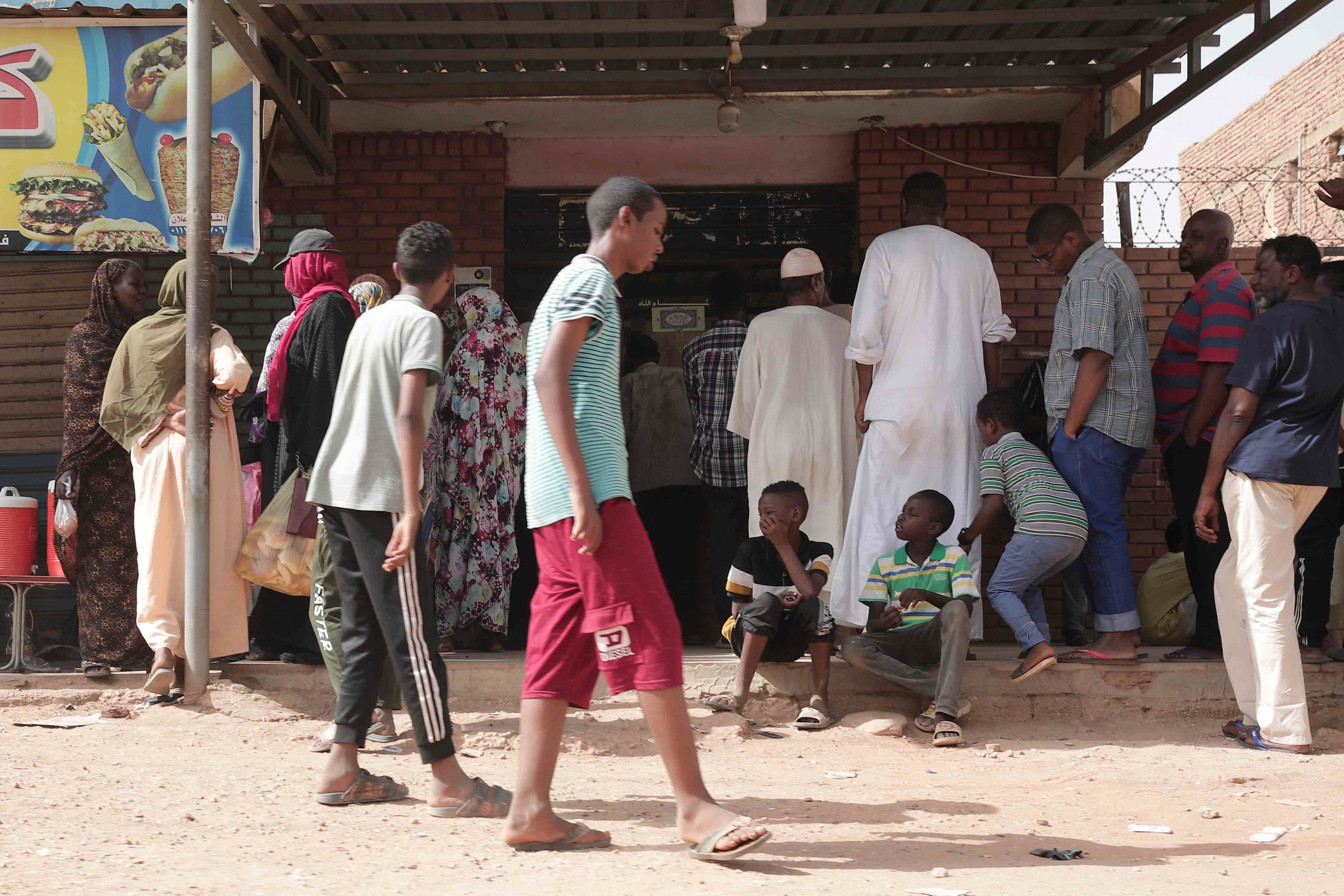Fast-rising cholera cases across war-torn Sudan alarm the UN
Sudan's health ministry says cholera cases in the country have increased by almost 40% across 11 of the total 18 states in less than two weeks, alarming the U.N. health officials

Your support helps us to tell the story
From reproductive rights to climate change to Big Tech, The Independent is on the ground when the story is developing. Whether it's investigating the financials of Elon Musk's pro-Trump PAC or producing our latest documentary, 'The A Word', which shines a light on the American women fighting for reproductive rights, we know how important it is to parse out the facts from the messaging.
At such a critical moment in US history, we need reporters on the ground. Your donation allows us to keep sending journalists to speak to both sides of the story.
The Independent is trusted by Americans across the entire political spectrum. And unlike many other quality news outlets, we choose not to lock Americans out of our reporting and analysis with paywalls. We believe quality journalism should be available to everyone, paid for by those who can afford it.
Your support makes all the difference.Cholera cases in war-torn Sudan increased by nearly 40% in less than two weeks, according to the latest figures, alarming the U.N. health officials, who long warned about the outbreak and the lack of proper response since it was reported in July.
Sudan’s health ministry said Monday that there were 21,288 cases across 11 of the 18 states during this period, including 626 deaths. This marks a significant increase from 15,577 cases and 506 deaths reported on September 26. The cases are primarily in the eastern states.
Most cases were reported in Kassala, where UNICEF is collaborating with the ministry and the World Health Organization (WHO) to carry out a second round of the oral cholera vaccination campaign that kicked off last month.
“There’s no doubt that the number of cases is increasing rather rapidly. We’re seeing a faster rate of spread than we did during the outbreak last year, so the number of cases is concerning,” Richard Brennan, the regional emergency director at WHO, told The Associated Press on Tuesday. “That’s why together with the Ministry of Health and partners like UNICEF, we’re redoubling our efforts here.”
Cholera was officially declared an outbreak on August 12 by the health ministry after a new wave of cases was reported starting July 22. The disease is especially spreading in areas devastated by recent heavy rainfalls and floods, especially in eastern Sudan which sheltered millions of people displaced by the conflict between the Sudanese military and the RSF.
Cholera is a highly contagious disease that causes diarrhea, leading to severe dehydration and could be fatal if not immediately treated, according to WHO. It’s transmitted through the ingestion of contaminated food or water.
UNICEF delivered 404,000 doses of the vaccine to Sudan on Sep. 9. More vaccination campaigns are expected to be rolled out in other affected states. On Saturday, a UNICEF-chartered plane carrying 1.4 million doses of oral cholera vaccines arrived in Sudan. The vaccination campaign aims to reach 1.81 million people in the most affected states: Kassala, River Nile, and Gedaref, UNICEF said in a statement.
Brennan said that it’s too early to determine the effectiveness of the vaccination campaign given that they are in initial phases, but health workers are expanding surveillance activities to detect more cases and there is a plan to roll out an additional 2.2 million doses in the coming weeks.
“Cholera vaccines in and of themselves are not a silver bullet for cholera. They’re a very useful tool, but we still need to continue with all the other disease control measures in terms of the disease surveillance, treatment of patients once they become sick, engaging communities, and very importantly, giving people access to adequate quantities of clean water and sanitation,” Brennan added.
The health system in Sudan is in “freefall” with 75% of health facilities in Khartoum non-functional, said Hanan Balkhy, WHO Regional Director for the Eastern Mediterranean, during a media briefing on Tuesday. She added that the situation in western Darfur states is worse.
The ongoing war between the Sudanese military and the Rapid Support Forces (RSF), broke out in April 2023, in the capital Khartoum and later spread across the country, with Darfur being among the regions seeing intense fighting.
The U.N. estimated that 20,000 people have been killed and thousands injured since the conflict began. The war has also displaced over 10 million people, including 2.4 million who fled to neighboring countries and other nations.